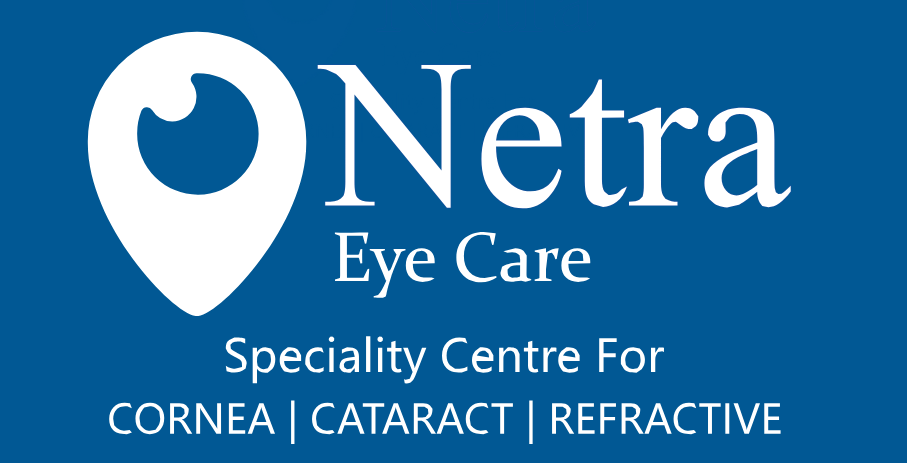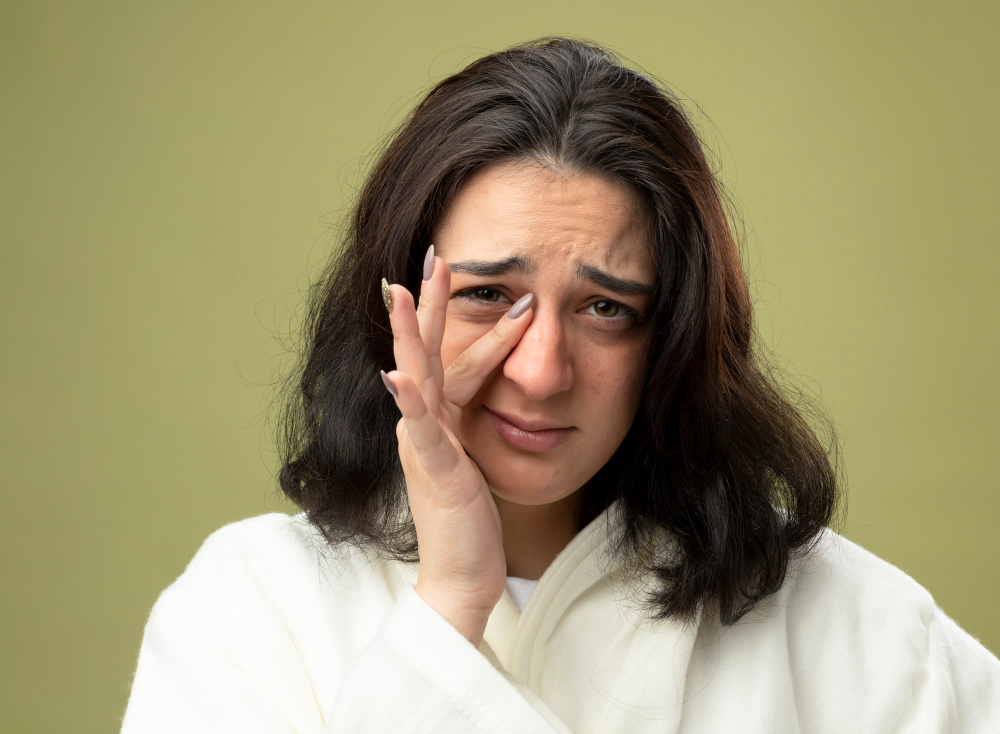Puffy eyes are a common concern that many people experience at some point. They can affect anyone, regardless of age, and often alter one’s appearance. This comprehensive guide will walk you through everything you need to know about managing puffy eyes. From understanding what causes them to discovering immediate relief and long-term solutions, we’ve got you covered. By the end, you’ll have gained useful insights into how to prevent and reduce puffy eyes, empowering you to put your best face forward every day.
Understanding Puffy Eyes and Their Causes
Puffy eyes occur when the skin below the eyes becomes swollen or inflamed. It’s important not to confuse puffy eyes with eye bags, which are usually a result of aging and sagging skin. While both conditions can make your eyes look tired and dull, they stem from different causes.
There are several reasons why puffy eyes appear, many of which relate to everyday habits:
- Dehydration: Not drinking enough water can lead to water retention, causing puffiness.
- Dietary Salt: Eating too much salt makes the body hold onto water, leading to swelling.
- Lack of Sleep: Not enough shut-eye often results in tired-looking eyes with dark circles.
Beyond these lifestyle factors, genetics can also play a role. Some people are simply more prone to experiencing persistent puffiness due to hereditary traits. Additionally, as we age, the tissues around our eyes, including some of the muscles supporting the eyelids, weaken. This can cause the skin to sag and fluids to accumulate, contributing to a baggy appearance.
Identifying what triggers your puffy eyes can help in crafting a personal care routine that mitigates risks and keeps them at bay.
Solutions: Quick Fixes and Long-Term Lifestyle Adjustments
When it comes to puffy eye treatment, there are plenty of quick fixes and lifestyle changes that can help. Let’s begin with some easy home remedies:
- Cold Compress – Applying something cold can reduce swelling. Try using a chilled spoon or an ice pack wrapped in a cloth.
- Tea Bag Treatments – Brew tea bags, let them cool, then place them on your eyes. Caffeine in the tea can help shrink blood vessels, bringing down the swelling.
- Eye Massages – Gently massaging around your eyes can improve circulation and reduce fluid buildup.
For those looking for more conventional remedies, several over-the-counter options can serve as the best puffy eye treatment:
- Eye Creams – Look for creams with ingredients like caffeine, which can tighten skin, or peptides to boost collagen.
On the lifestyle front, making some simple adjustments can offer a more long-lasting puffy eyes solution.
- Hydration: Ensure you’re drinking plenty of water to stay well-hydrated.
- Dietary Adjustments: Reduce salt intake. Eat more fruits and vegetables, which are naturally rich in water.
- Sleep Improvements: Create a calming bedtime routine. Aim for 7-9 hours of good sleep each night.
Incorporating regular relaxation techniques, such as yoga or meditation, can enhance these physical remedies. This holistic approach supports your overall well-being and keeps puffy eyes at a distance.
Moreover, integrating solid sleep hygiene and stress management can make a big difference in tackling puffy eyes. They do not just help manage puffiness, but they also contribute to a balanced life.
Medical Interventions and Special Considerations for Puffy Eyes
While home and lifestyle remedies often do the trick, sometimes medical help is necessary for the best cure for puffy eyes. If your puffy eyes persist despite trying the other methods, or if they come with additional symptoms like pain or vision changes, it’s time to see a professional. They might suggest prescription eye drops or even surgical solutions for a more permanent fix.
Don’t forget about seasonal changes or makeup tricks to help minimize the appearance of puffy eyes. Consider switching to hypoallergenic products if you find that your current makeup irritates the delicate eye area.
For those who wear contact lenses, keeping them clean and well-maintained helps reduce the risk of irritation, which can lead to puffiness.
Ultimately, finding the best treatment for puffy eye bags or baggy eyes comes down to understanding your unique needs. Taking an informed approach equips you with the necessary tools to look and feel your best. Remember, it’s all about finding the right balance and making personal health and beauty a priority.

